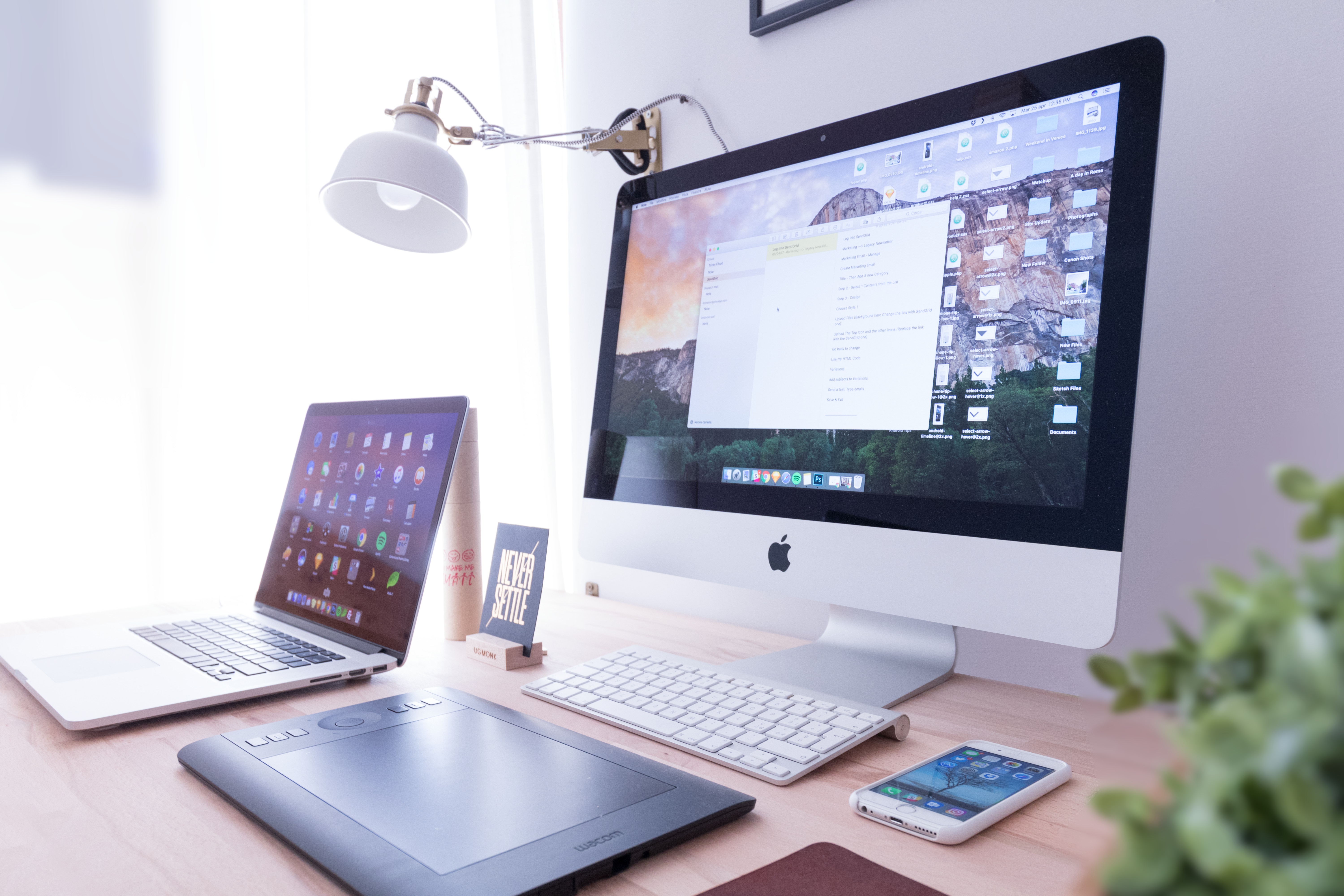Technology has helped to develop our world in more ways than we could imagine. From the introduction of smartphones to robots working in warehouses, there are endless ways in which life simply wouldn’t be the same without technology. However, for all the benefits that technology can bring, there’s also a darker side. It can affect our physical and mental wellbeing, having a detrimental impact on our daily lives.
Considering that technology is a prominent part of many workplace environments, it makes sense for managers and bosses to take a step back and analyse the negative impact that technology could be having on their employees.
Constant Availability
There’s much to be said about the constant availability that technology can bring. It can keep us up-to-date wherever we are in the world, and make us reachable in moments when we’re needed the most. Thanks to technical due diligence, many startups are receiving investments to get their company off the ground, meaning they can invest more in technology in the process. While this is a positive factor, it also means that in many instances, bosses expect their employees to be contactable out of office hours. This could mean anything from responding to a client text to taking a video call in the evening.
For many, this accessibility can be stressful, never giving them the time to fully switch off. Research by AXA revealed, “almost three in every five Brits (59%) admitting to taking calls outside of working hours, while more than half (55%) check their emails.”
The culture of constantly being contactable is perhaps one of the pitfalls of technology being used in the workplace. But again, it’s not all bad. The fact that employees can pick up the phone and video call clients halfway across the world can give businesses access to global markets. Additionally, it can build rapport with clients, letting them know that help is just a phone call away. To create the perfect balance, employers should make clients aware that there is a cut-off point when it comes to communication, and that it should not take place outside of working hours.
Too Much Screen Time
Spending too many hours of the day can lead to eyesight problems and fatigue. When employees are fatigued, they find it harder to concentrate at work, which can cause them to underperform on tasks. Though laptops and computers are now necessary within many working environments, it could also be said that they are having a negative impact on employees health. It’s recommended that employees take regular breaks away from their screens, however, this is rarely put into practice. There is too much pressure on employees to complete their workload, and often there simply isn’t time to take a break and come back to work.
Not only can too much screen time impact mental health, but it can also be damaging to physical health. Without proper back support, spending too much time sat facing a screen can lead to back problems. Many office workers report having back problems as a direct result of their job. What’s more, employees could also suffer from repetitive strain injury. This is when the same action is being repeated a number of times and it can cause pain in the muscles, nerves and tendons.
Inability to Wind Down
Our minds don’t switch off when we’re connected to technology. While we may not even realise it, we’re subconsciously on alert for incoming messages and emails. All of this incoming information can be stressful, causing employees to worry about work well after they’ve left the office. When they get home, they may find it hard to wind down and forget about work until the next day. This can have a huge impact on someone’s mental health, as they struggle to have a quality night’s sleep because of worrying about work. Though stressing about work can be relevant for any job role even where no technology is involved, it can certainly be heightened in environments where technology is present.


